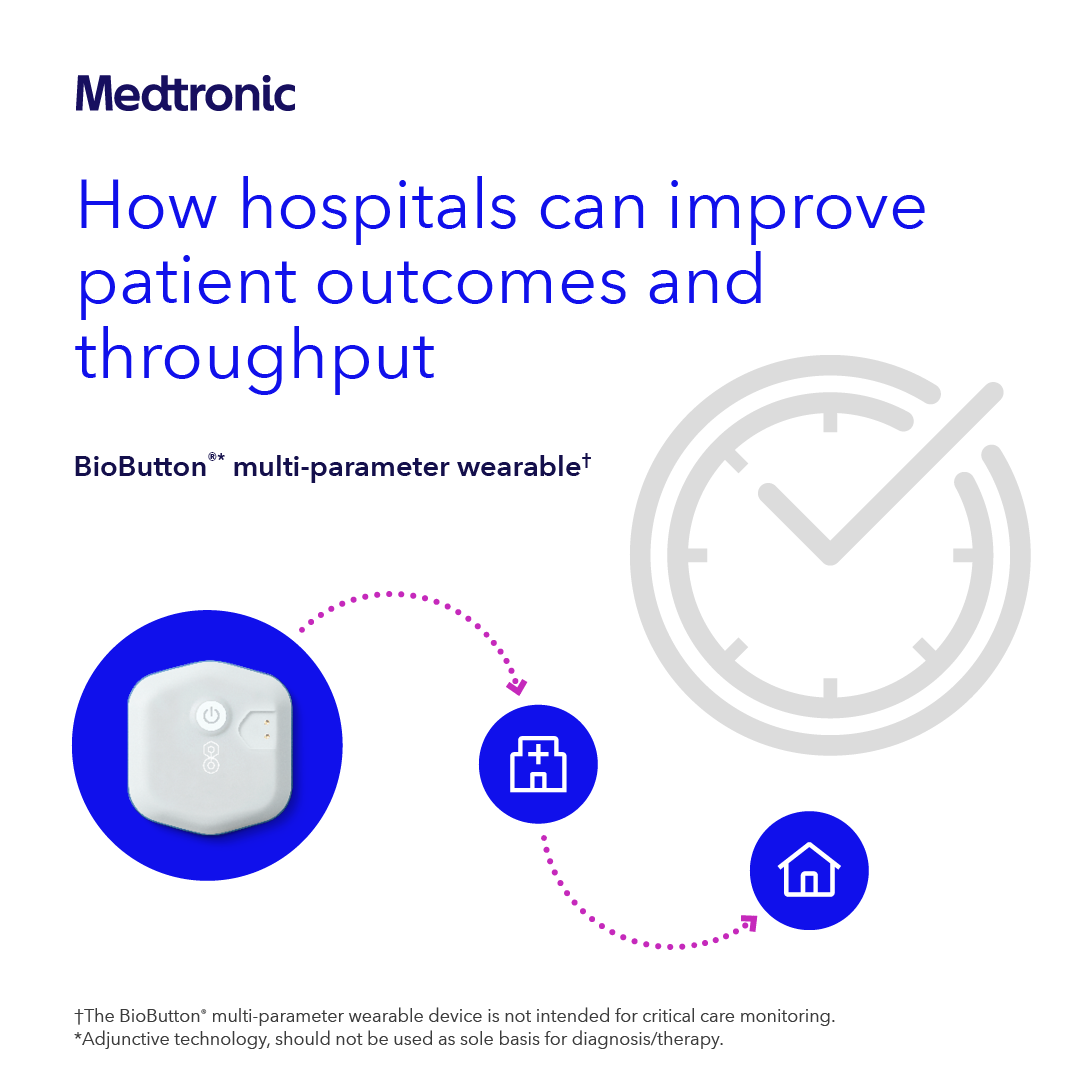Learning When to Say No & When to Barter

The American Nurses Association (ANA) state nurses work tirelessly to identify and protect the needs of the individual (nursingworld.org).
Nurses are known for being caring, kind, gentle, and trusting. They are also known to be very altruistic, which is defined as a selfless concern for others even to their own detriment.
Nurses’ work! They work overtime even when physically exhausted and mentally drained. Nurses meet their patient responsibilities even if it means no lunch, dinner, or bathroom breaks.
Nurses’ work! The question becomes when do nurses start to say no and when do nurses learn to barter? When you are exhausted and all you want to do is drag yourself to the car, but before you can get your car keys in your hand, there are requests to work another shift.
You are then informed that staffing is short; it will be difficult for the following shifts, patient care will suffer; and everyone else is working overtime. However, before you commit to the shift, ask yourself the following questions, will you be safe to practice and at what cost?
If you are exhausted, the risk of medical error increases and is risky for your patients and yourself. If you have not seen you husband, hugged your child, or petted your dog, what is the true cost for saying yes? This may be the time to say no or barter and ask if I work this shift, what shift can I have off so I can rest and recharge?
If you are barely keeping your head above water while managing your patient care assignment but are the best blood drawer on the division, what do you say when your colleague ask you to draw a difficult set of labs.
Do you say no or learn to barter? Saying no is challenging because you know the patient needs to have the labs drawn & you know your colleagues depend on your skill set in difficult situations. However, this may be the time to barter! Suggestions for bartering include the following: If you can take my patient to the bathroom, pass my meds, etc. then I can draw your labs; or when I finish with XYZ then I can help you with the labs.
When asked to change shifts, especially for weekends and holidays, you should always consider your needs and the needs of your loved ones before you commit to the shift change.
If it is a minor request with no repercussions to you or your loved ones, just do it! However, if the shift requested could cause problems or conflicts with existing priorities, you need to learn to say no.
However, if you can manage the request by making other shift changes than you should barter for what you need for the shift change to be mutually beneficial, such as I can work Friday for you if you can work Monday for me.
Learning to take care of others is our duty as nurses. However, it is also our duty as nurses to take care of ourselves. Learning to say no is a skill that is learned, although it may be difficult.
It is a skill nurses need to acquire so we can take the best care of our patients, our colleagues, and ourselves. Learn to say no after you obtain the details, clarify the expectations, carefully consider the alternatives, and determine the request is not a reasonable option.
Bartering is a useful tool that can help us to create a happy medium that is beneficial to everyone involved and is often less harsh than just saying no. It helps to establish a relationship of teamwork in which everyone benefits.
It is truly a give and take situation in which no one loses and there are no bad feelings or sense of being taken advantage of.
Learning when to say no and when to barter can decrease frustration, anguish, and possibly even burnout in the workplace. It can give you a sense of control, which can be very useful in the constantly changing arena of healthcare.



